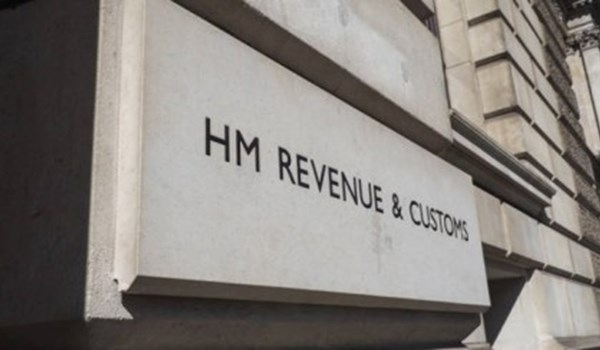Pension funds and other investors are a step closer to long-desired smoother withholding tax procedures after EU finance ministers yesterday agreed on proposals that have the potential to harmonise tax procedures across EU countries.
The Directive on Faster and Safer Relief of Excess Withholding Taxes – dubbed the FASTER Directive – has been hailed as an important step towards removing tax barriers to a Capital Markets Union (CMU).
The new directive, which still needs to formally adopted by the EU Council, means that member states will need to have a framework that offers investors either a relief-at-source or a quick refund of their excess withholding tax payments.
Pension funds, via their industry bodies, have long complained about the difficulties and costs involved in reclaiming withholding tax.
A 2021 survey from the European Central Bank highlighted that withholding tax relief procedures remain largely a paper-based process across the EU, requiring physical documents, wet-ink signatures, and physical interaction.
Investors view this as a cumbersome and time-consuming process that discourages cross-border investment. Under the FASTER Directive, all member states will issue common EU digital tax residence certificates instead.
Implementation key
Thibault Paulet, senior policy adviser at PensionsEurope, said the agreement on the FASTER Directive meant there would be major improvements to withholding tax procedures, although the impact will in part come down to how the legislation will be transposed at national level.
“There has been a code of conduct on withholding tax, but this wasn’t very successful and we’ve been pushing for a legal text,” Paulet told IPE. “This is a step in the right direction, but we remain vigilant on the next steps.
“It is important that member states implement the directive without too much divergence from the text.”
The agreement on the directive comes ahead of EU elections in June and as a lot of focus is being placed on the bloc’s economic competitiveness, with Efama saying it believes the legislation will foster deeper integration of EU capital markets.
“The decision by the ministers of finance is a very welcome step to improve inefficient and burdensome tax procedures which disincentivise cross-border investing,” said António Frade Correia, senior tax adviser at Efama, the Brussels-based trade body representing European investment management.
“It took several years of collaborative effort involving the European Commission, national tax authorities, industry representatives and the Spanish and Belgian Council Presidency teams. Moving forward, we need to ensure the proposal is effective in practice, which will require further collaboration between industry and policymakers and a keen eye on national implementation.”
Once the FASTER Directive is formally adopted by the Council, implementing rules, national laws and administrative guidance will need to be prepared and adopted by 31 December 2028, to start applying in 2030.



